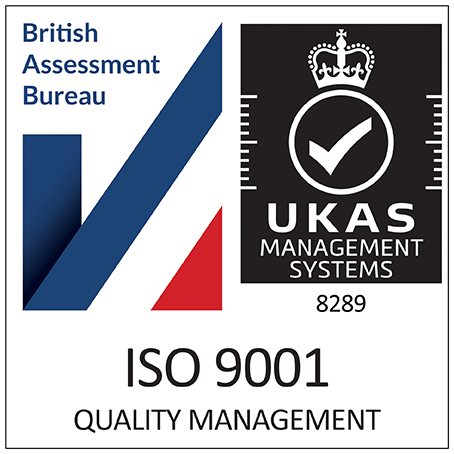By Laura Smallwood
In this recent county court case the meaning of ‘return’ of a tenancy deposit for the purposes of the Housing Act 2004 was considered in the context of delivery by the landlord of a cheque which was not cashed or credited to the tenant’s account. Although only of persuasive value, the decision by His Honour Judge Luba KC after argument by leading counsel on both sides highlights practical issues arising when using cheques to repay tenancy deposits, and provides a cautionary note for landlords.
The background
The landlord had failed to protect the deposit provided by his assured shorthold tenant in a statutory scheme, as required by Chapter 4 of the Housing Act 2004. This prevented the landlord from serving a section 21 notice requiring possession unless the deposit had first been ‘returned’ to the tenant (section 215(2A(a)). The landlord hand delivered a cheque for the amount of the deposit to the property and subsequently served a section 21 notice. The tenant did not present the cheque, or return it to the landlord. Thereafter, the landlord had closed the account on which the cheque was drawn.
At the first hearing of the claim for possession the District Judge accepted the landlord’s submission that delivery of the cheque to the tenant, coupled with the tenant’s failure to communicate non-acceptance of the cheque, sufficed to amount to a ‘return’ of the deposit within the meaning of the Act. An order for possession was made.
The decision
The Judge allowed the tenant’s appeal and set aside the order for possession on the grounds that the District Judge had insufficient evidence before her to determine the factual issues. In doing so, he reviewed the language used in relation to deposits in Chapter 4 of the Housing Act 2004 and rejected any special meaning for the word ‘returned’ distinct from ‘repaid’. He also summarised the relevant law as follows:
- The repayment of a deposit may be made by cheque either as a result of an express agreement to accept such payment, or imputation of agreement derived from a failure to reject the cheque within a reasonable time of receipt;
- The delivery to the tenant of a cheque which is simply not cashed may achieve a return of the deposit in certain circumstances;
- Where there has been ‘non-communication of non-acceptance’ after delivery of the cheque, the result will depend on the facts and circumstances in each case, both before and after its receipt. These will include the dealings between the parties as to payment and receipt of monies, and whether the account on which the cheque was drawn was still open and in funds at the expiry of what would have been a reasonable time for presentation of the cheque;
- If the cheque is presented and honoured, the date of payment and of the ‘return’ of the deposit is the date of delivery of the cheque.
Practical implications
The highly fact sensitive exercise of determining whether the deposit has been returned where a cheque has not been cashed adds undesirable and avoidable uncertainty to proceedings brought under section 21 for both sides. The practical takeaway for landlords therefore is that deposits should not be returned by cheque. From a tenant’s point of view there should be prompt and clear rejection of a cheque payment, in order to avoid the imputation of agreement to the return of the deposit.
If you require advice, or representation, you can contacting the clerks on 01483 539131 or emailing them at clerks@guildfordchambers.com
Disclaimer
This article has been provided free of charge for information purposes only. Although care is taken to ensure the information is accurate no responsibility is assumed by the author or any member of Guildford Chambers for reliance on the content or the accuracy of such content. The information, and/or commentary, does not constitute legal advice and if you have a legal dispute you should seek advice from a solicitor or barrister about your case. Accordingly, no member of Chambers shall be responsible for any action you take or refrain from taking in reliance of anything in this article or case summary.

